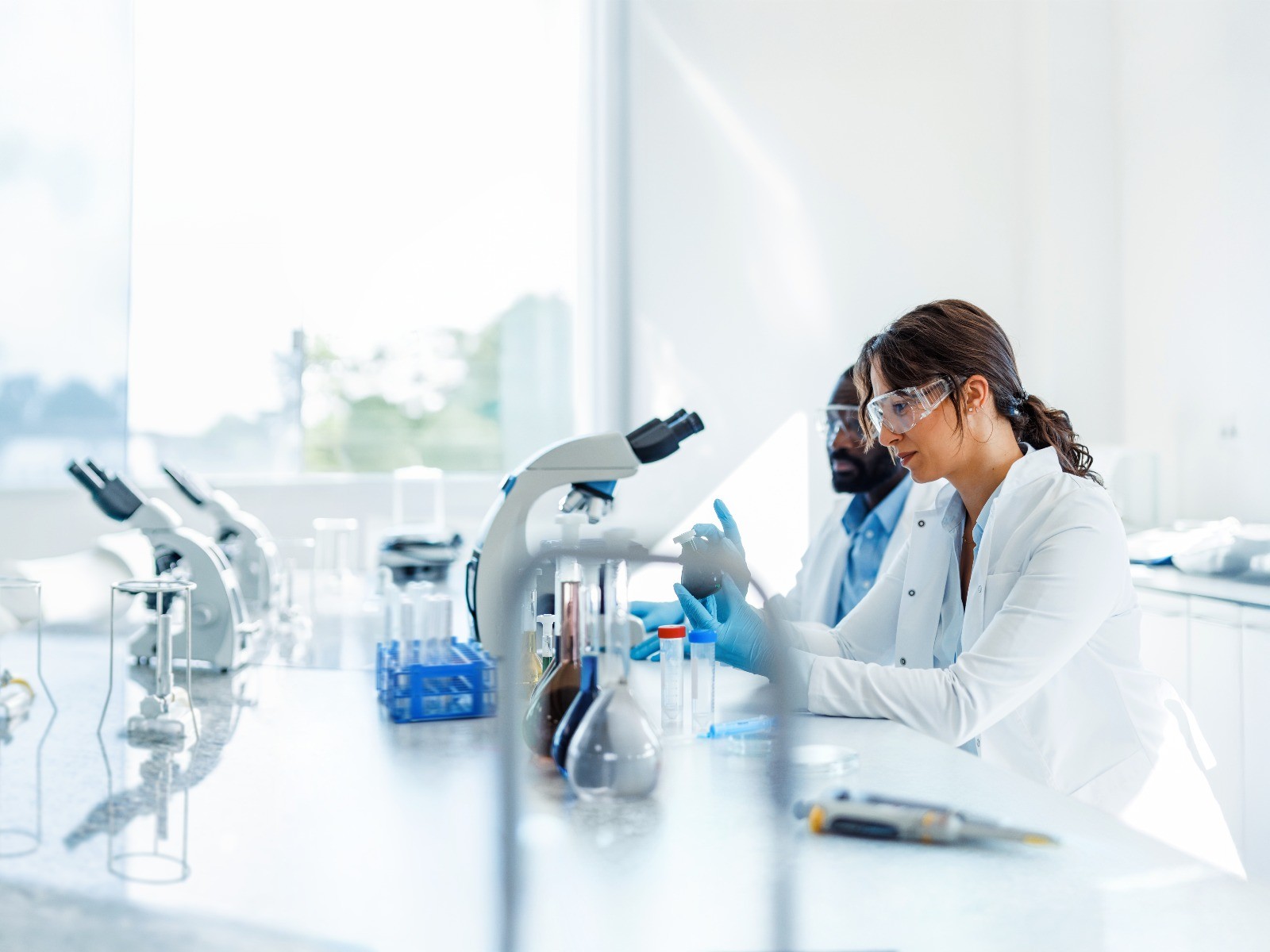Advanced Therapy Medicinal Products (ATMPs) represent the cutting edge of contemporary medicine, offering transformative possibilities for patients with severe and life-threatening conditions, including cancers, inherited disorders and degenerative diseases. However, while the clinical adoption of these therapies is accelerating, the financial and operational ecosystem supporting the implementation of ATMPs in Belgian hospitals is fraught with significant challenges.
“In Belgium, there is a disconnection between an ATMP, which is reimbursed, and the necessary associated medical acts, which still are currently not always reimbursed. You receive reimbursement for the product itself, but there is a disconnection with the financing of what the physician in the hospital has to do to administer and use the product.“
Pharmaceutical company representativeIn collaboration with pharma.be, PwC Belgium conducted research based on surveys and stakeholder interviews with healthcare practitioners (HCPs) and pharmaceutical companies to identify and address the current challenges related to the use of ATMPs in Belgian hospitals.
The main challenges identified by the report include:
Reimbursement of medical acts
Although reimbursement exists for the ATMPs themselves, a significant portion of associated medical acts—such as preparation, administration, and follow-up—remains largely unreimbursed, creating financial and operational burdens for hospitals. This issue is more pronounced for cell therapies, due to inadequate nomenclature for clinical procedures, while gene therapies face challenges related to care coordination and data management.
Patient access
Too few patients have access to ATMPs due to insufficient collaboration between referring and specialised centres, resource constraints in hospitals and fragmented budgeting systems that separate product reimbursement from related medical acts.
Treatment pathways
Insufficient incentive structures and a lack of awareness of available ATMPs may result in missed or delayed referrals to specialised centres, leaving eligible patients without timely and appropriate care.
Data collection
The collection of real-world evidence (RWE) of cell and gene therapies, e.g. registries, requires significant hospital resources that are currently not funded. With the introduction of new treatments, managing this process will become increasingly unfeasible without additional support. Furthermore, there is ambiguity regarding the responsibilities of collecting RWE, hindering the necessary progress.
Discover how HCPs and the pharma industry believe we can overcome these challenges in our whitepaper – Unveiling the gaps: Challenges associated with the funding of medical acts related to Advanced Therapy Medicinal Products in Belgian hospitals.
Learn how we can overcome these challenges.
Read our white paper on the future of ATMPs
Contact us














